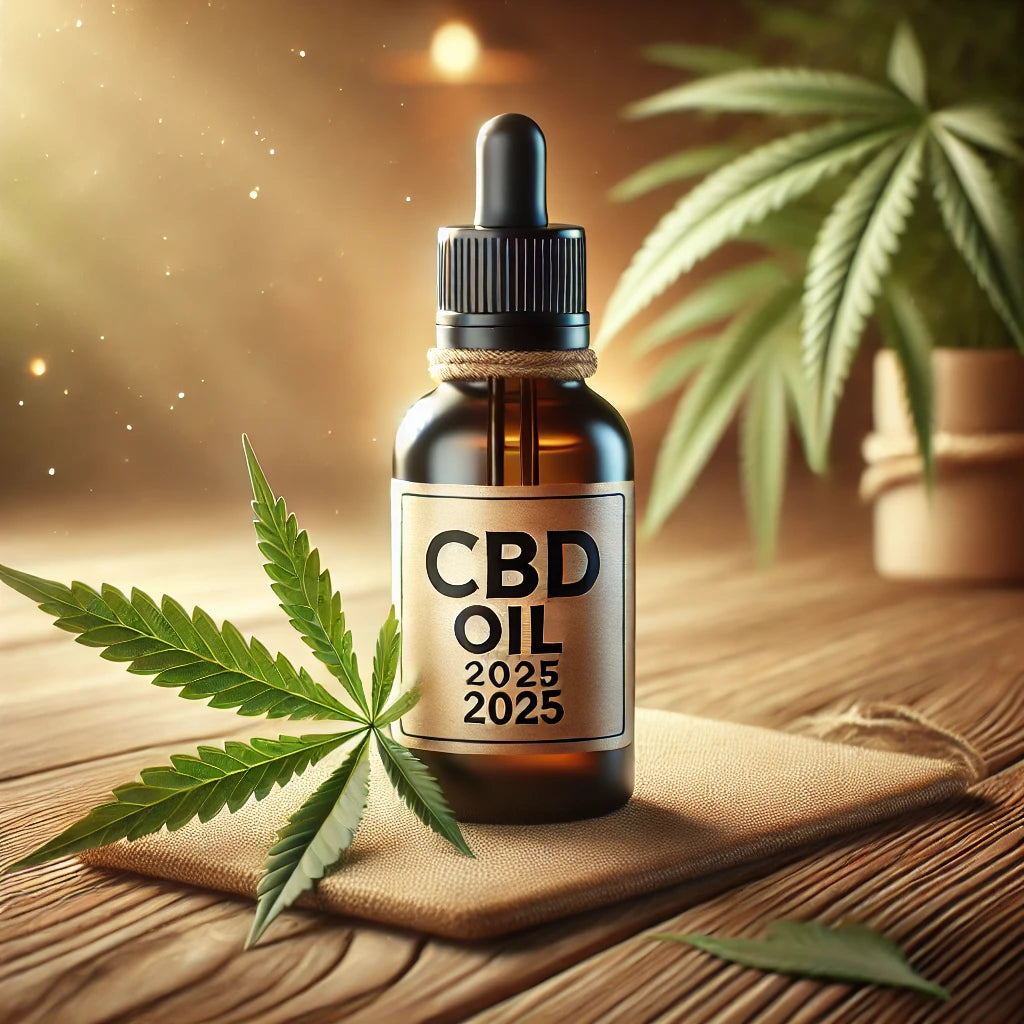Home
Hypoallergenic skin regeneration
The diverse aspects of acne: causes, treatment options and prevention for healthy skin

The diverse aspects of acne: causes, treatment options and prevention for healthy skin

Acne is one of the most common skin conditions affecting people of all ages. This dermatological challenge can not only affect your physical appearance, but also impact your self-confidence and psychological well-being. In this comprehensive article, we take a detailed look at the different aspects of acne, including its causes, treatment options, and preventative measures to promote healthy skin.
Causes of acne:
The development of acne is often the result of a complex interaction of various factors. The main causes include excessive sebum production, blockage of skin pores, inflammation and the growth of acne-causing bacteria. Hormonal changes, genetic predisposition, certain medications and dietary habits can also contribute to acne.
Types of acne:
Acne manifests itself in various forms, from mild to severe. The most common types include:
Blackheads (comedones): Clogged pores caused by excess sebum and dead skin cells.
Pimples (papules): Red, inflamed bumps on the skin.
Pustules: Pus-filled pimples that are often painful.
Cysts and nodules: Deep, inflamed lesions that are prone to scarring.
Treatment options:
The treatment of acne is varied and depends on the severity of the disease. Common treatment approaches include:
Topical treatments: Creams, gels and lotions containing ingredients such as benzoyl peroxide, retinoids or salicylic acid.
Antibiotics: Systemic or topical antibiotics can reduce bacterial infections.
Hormonal therapy: Especially for women, taking oral contraceptives or other hormonal medications can help.
Isotretinoin: A powerful medication used in severe cases of acne.
Prevention of acne:
To minimize the occurrence of acne, preventive measures should be integrated into the daily skin care routine. These include:
Regular skin cleansing: Cleansing the skin twice a day helps remove excess sebum and dead skin cells.
Use non-comedogenic products: Cosmetics and skin care products should not clog pores.
Healthy diet: A balanced diet with plenty of fruit, vegetables and sufficient water can promote skin health.
Stress management: Stress can worsen acne, so it is important to practice stress-reducing techniques such as meditation or exercise.
Conclusion:
The diversity of acne requires a holistic approach to skin care. From identifying the causes to applying appropriate treatments and preventative measures, it is important to consider the individual needs of the skin. With the right care and attention , skin health can be improved and self-confidence can be increased.


